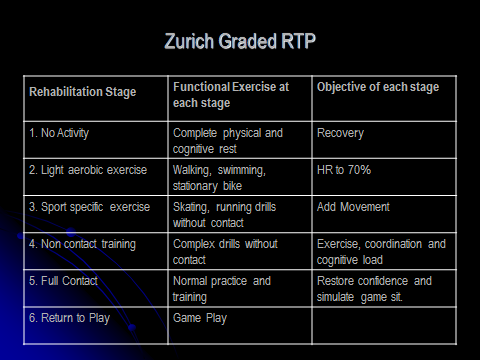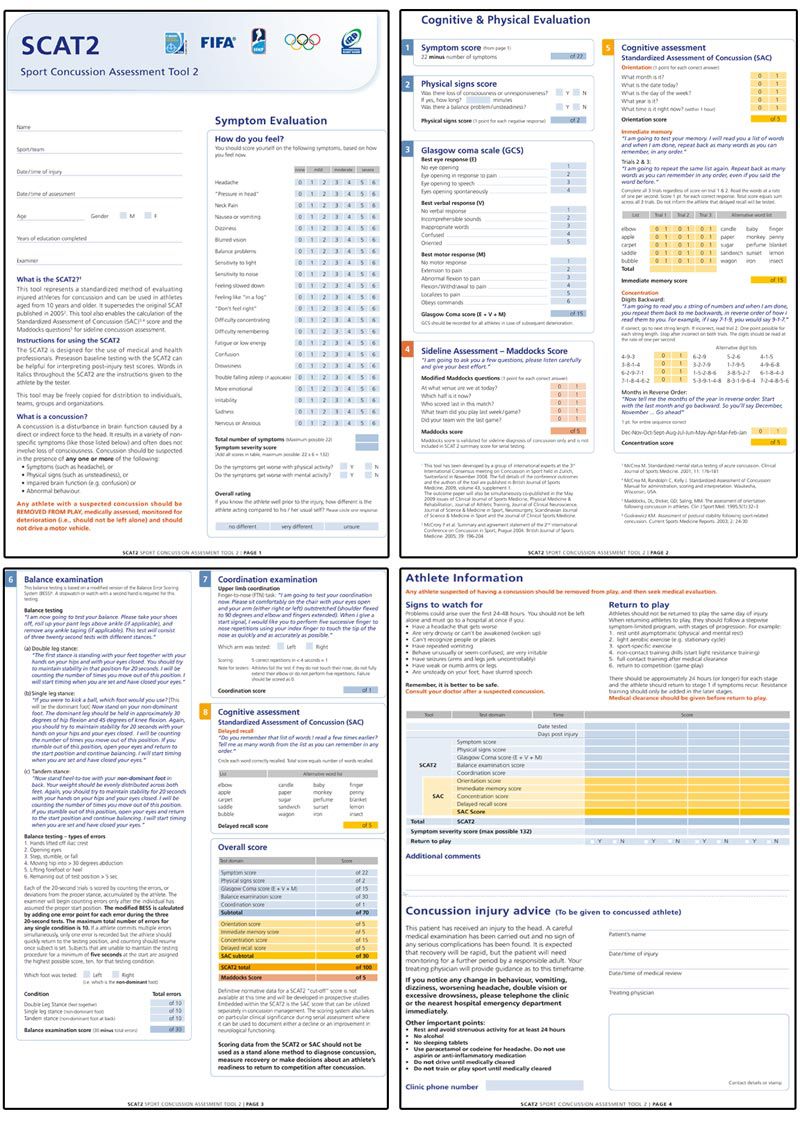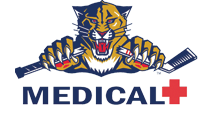What is Sports Neurology?
Sports neurology is a subspecialty of neurology that it is concerned with sports medicine issues including the study and management of sports related neurological injuries that may develop as a result of participation in athletic activities (with concussion being the best example). It also deals with the safe participation in sports and athletics by patients with neurological conditions, i.e. epilepsy and MS. Finally, the field looks at understanding the neurological benefit that occurs as a result of exercise, including the neurophysiology of peak performance in sport.
What is the history of Sports Neurology?
The field has likely been around since ancient Greek and Roman times. Modern Sports Neurology dates back to 1768, with the publication by Percival Pott of sports related head trauma. It has only been during the last three decades that there has been a consolidated movement to develop the discipline of sports neurology. The 1989 publication of Sports Neurology by Jordan, Tsairis and Warren led to a much more public and academic recognition of this discipline. However, it is only more recently that neurologists have become more active participants in diagnosing and managing neurological injuries in sport and in fact Sports Neurology is the fastest growing subspecialty of Neurology and one of the major focuses of the American Academy of Neurology.
What is a Sports Neurologist?
A sports neurologist is a specially trained medical doctor who deals with athletes who have sustained neurological injuries that occur while playing sports. Sports related Concussion or mild traumatic brain injury is one of the most common and most widely publicized sports related injury. Other injuries include Stingers, Traumatic Brain Injury, Post traumatic migraine, peripheral nerve injuries, spinal cord injuries, heatstroke, and neurological sequel of rapid decompression in diving to name a few. Sports neurologists also deal with athletes who wish to participate in sports that may have an impact on previously established neurological conditions, including epilepsy, Stroke, neurodegenerative disorders, Multiple Sclerosis, Migraine and other headache conditions.
Why should I see a sports neurologist?
Most patients are referred to our clinic buy other physicians including family practice physicians, sports medicine physicians, pediatricians and orthopedic surgeons to name a few. These physicians do a wonderful job in managing many athletes with sports related neurological issues. However, often times patients become too complex and require more specialized care. Other patients, especially those with refractory and prolonged neurological issues such as sports related concussion will seek out the expertise of a sports neurologist on their own. Overall when dealing with issues relating to the central and peripheral nervous system it is essential that patients realize that it is the neurologist who is best trained and best qualified to treat athletes with neurological conditions, and are the forefront of addressing sports-related neurological issues.
Immediate: first 24 hours
Vacant stare (befuddled facial expression), Delayed verbal and motor responses (slow to answer questions follow instructions), Confusion and inability to focus attention., Disorientation (walking in the wrong direction, unaware of time, date and place), Slurred or incoherent speech, Gross observable decrease in coordination (stumbling, trouble with tandem gait), Emotions out of proportion to circumstances, Memory deficits (exhibited by the athlete repeatedly asking the same question that has already been answered, or inability to memorize and recall 3 of 3 words or 3 of 3 objects in 5 minutes), Any period of loss of consciousness
Intermediate: 2 to 5 days
Headache, Dizziness, loss of equilibrium or vertigo, Lack of awareness of surroundings, Nausea or vomiting
Late: 6 to 14 days and beyond
Persistent low grade and sometimes even severe headache, (may include photo/phono phobia). Light-headedness. Poor attention, concentration and memory. Heat Intolerance. Easy fatigability, Sleep Disturbances, Irritability and low frustration tolerance, Anxiety and/or depressed mood, Sleep disturbance, Decreased reaction time and balance (one of the last symptoms to resolve along with headache).

Sports Concussion Treatment Program: Return to Play
Before a concussed athlete can consider returning to sports participation, he or she must be completely asymptomatic, off of all medications, with a normal neurological exam and all baseline testing must be back at their pre-concussion levels. Current guidelines suggest a graded return to play protocol (see above) where the athlete gradually increases physical and cognitive activity and eventually contact. At the professional and elite level this is normally administered by an athletic trainer working closely with the team specialist physician. Dr. Conidi also has prior sports back ground which he uses to design specific stages geared towards the athletic particular sport. The Florida Center for Headache and Neurology is currently exploring implementing a tele-con concussion program where athletes can be cleared and evaluated remotely allowing Dr. Conidi to work closely with any athlete trainer in the world. At the non-elite and amateur sports level athletic trainers are often not available. Our main office has on site capabilities to take an athlete through the necessary stages whereby they are eventually cleared to return to play his/her sport.
Click below to download the form as a multi-page PDF.


Treasure Coast
10377 S. US Highway 1. Suite 104
Port St. Lucie, FL 34952
1.877.648.4762 - 1.772.337.7272
Map and Directions
Palm Beach
2525 Burns Road
Palm Beach Gardens, FL 33410
1.877.648.4762 - 1.772.337.7272
Map and Directions
Broward